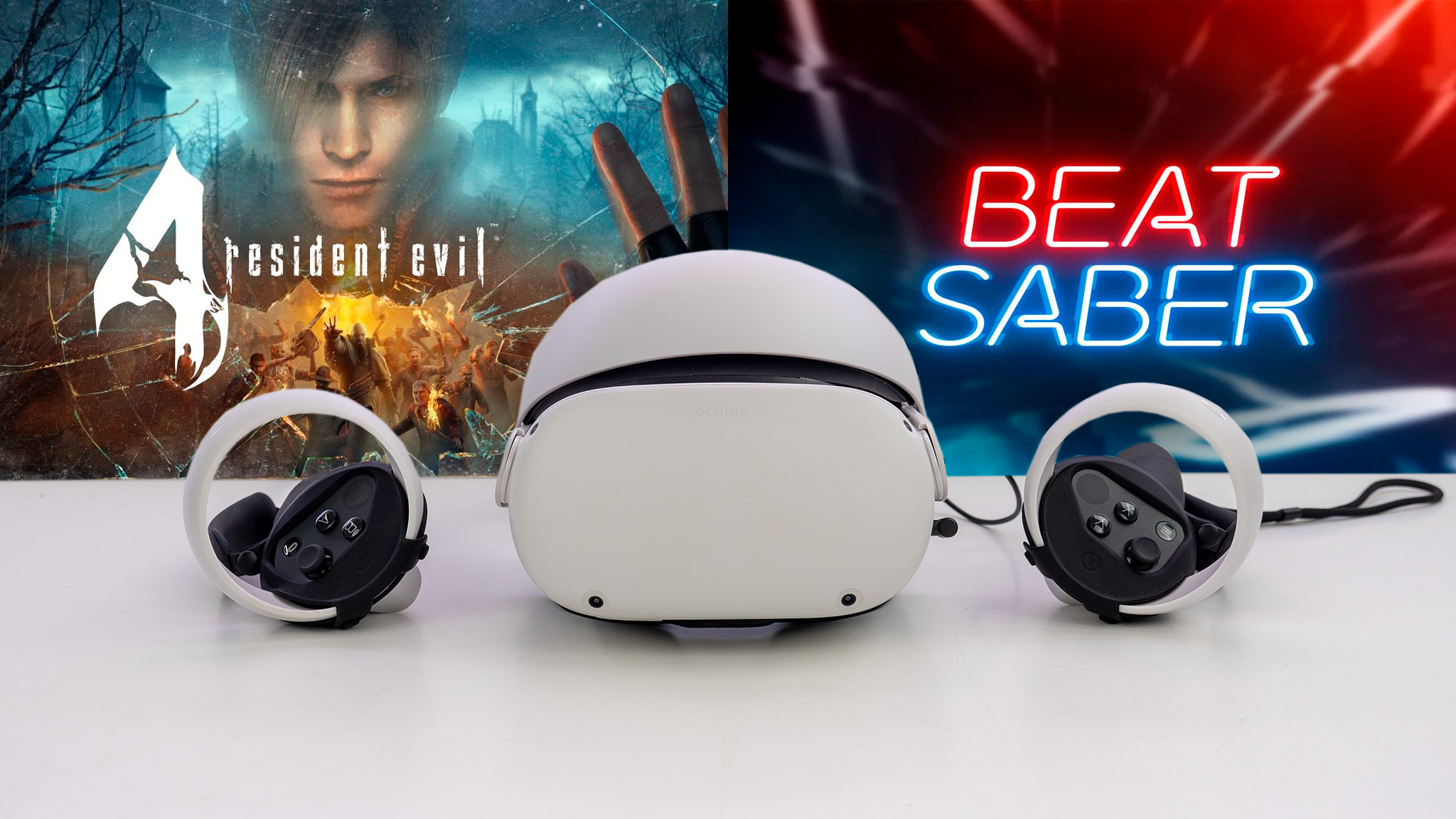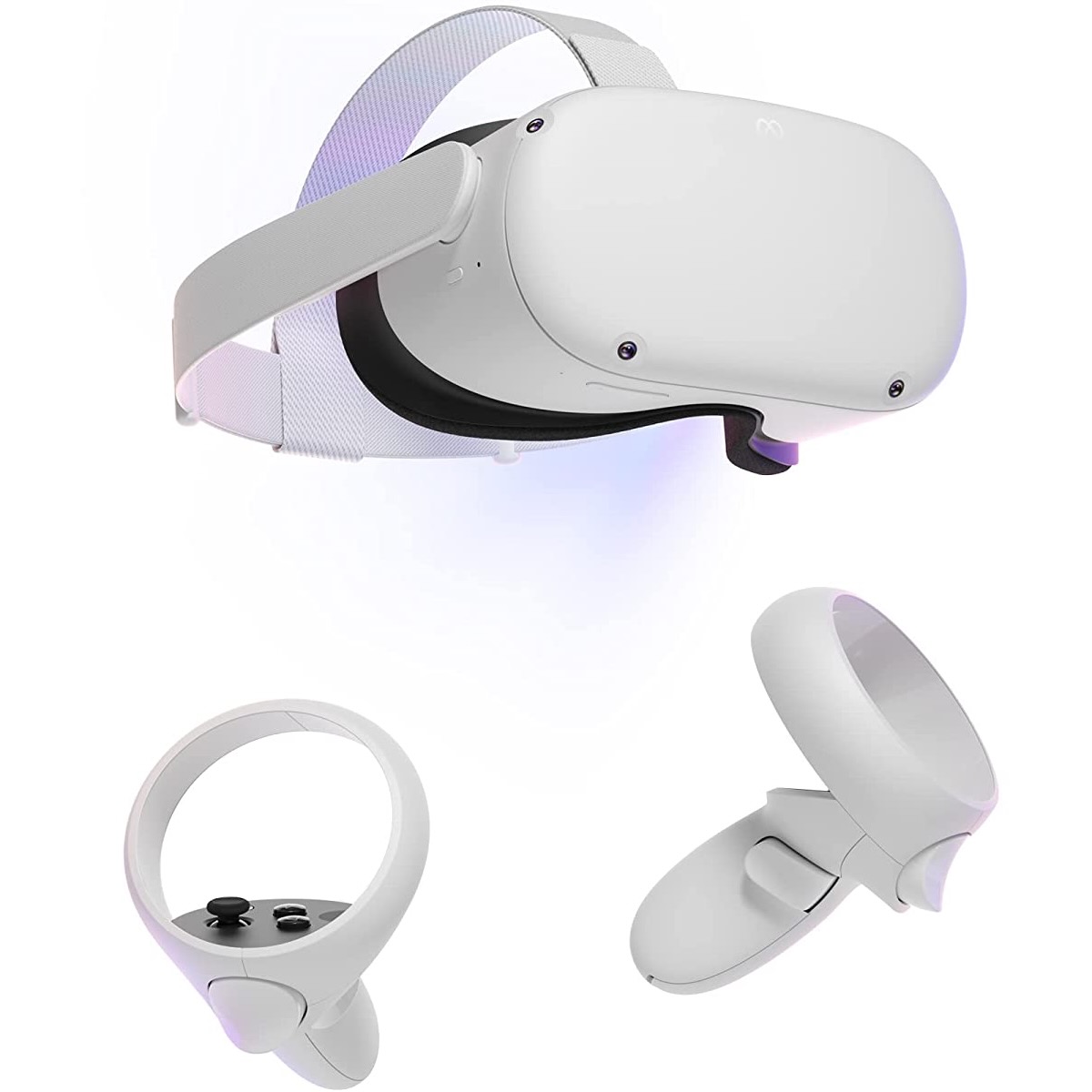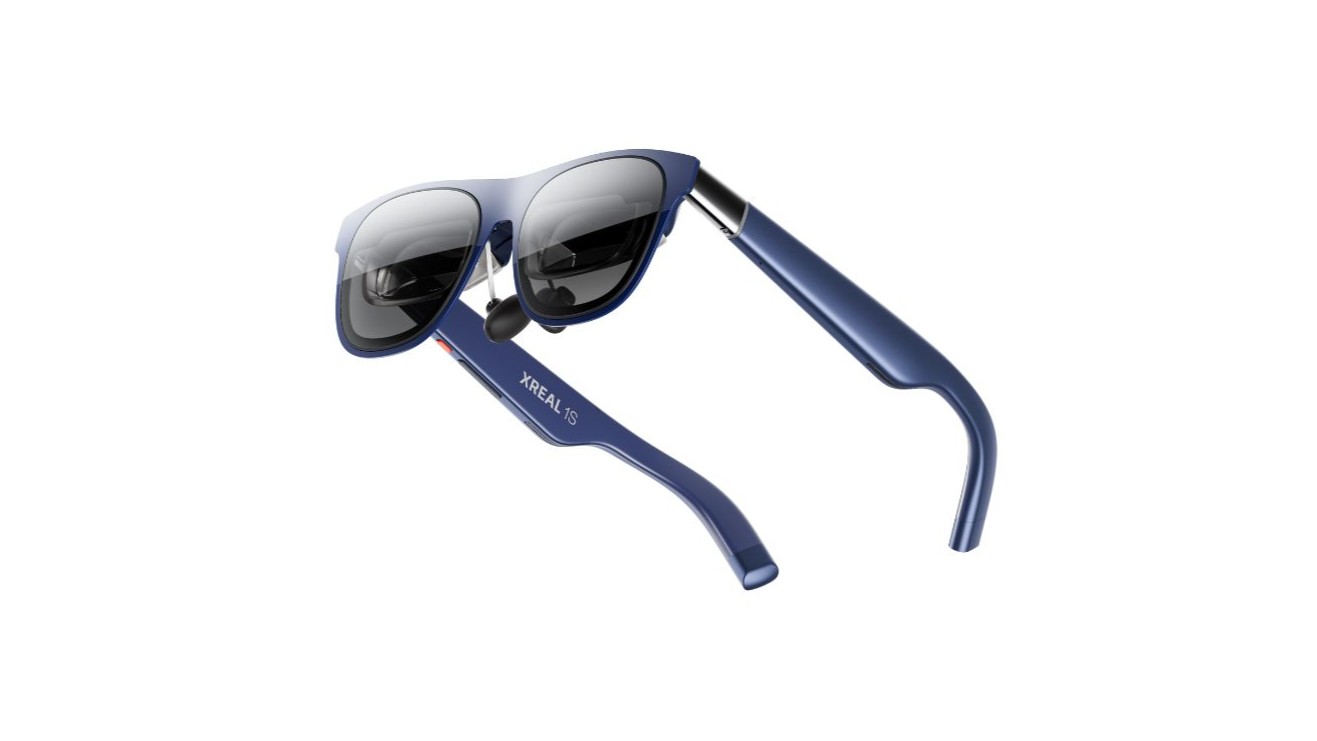The Oculus Quest 1 needs to die, but now is not the right time
Meta should wait until the Quest 3 ships later this year.

It's been almost four years since the original Oculus Quest was released but Meta is ready to pull the plug on the aging standalone VR headset. In an email sent out on January 9, 2023, Meta leadership explained that the original Quest will be officially sunset and will no longer receive software updates after January 1, 2024.
Even after that date, all existing games and apps that work on an original Oculus Quest should continue to operate normally, even after the final support date. If you're a PC VR player who uses an original Quest just for that purpose, you should have no issue continuing to use it after 2024, if you so wish.
Just got this email from Meta. Looks like the Quest 1's days are numbered💀😥 pic.twitter.com/QV3EPBXIuRJanuary 9, 2023
Far sooner, however, is the fact that original Oculus Quest players will no longer be able to invite friends to their Meta Horizon Home environment or visit other players' environments after March 5, 2023. Given that this date is less than two months away and can be considered a newer major platform feature, it's a bit surprising to see Meta pushing it so far ahead of a likely October Meta Quest 3 release date.
The writing has been on the wall for the Quest for a while, as we've seen Quest 2-exclusive games for the past 15 months since Resident Evil 4 VR launched as the original Quest 2 exclusive. Likewise, actively-updated games like Population: One dropped original Quest support fairly recently because of the hardware's inability to run more advanced games at acceptable frame rates.

While I wholeheartedly support the deprecation of the original Quest at this point — it's an ancient piece of hardware running 2017 tech — I'm not sure that removing social features before the Quest 3 arrives is the smartest move on Meta's part. If Meta wants to do this, it should absolutely wait until the end of the year when its next-gen headset is readily available for folks who want to upgrade.
On that point, if Quest 1 users are still actively using the headset and expecting to continue using these soon-to-be-unavailable social features, Meta is giving them only one option: buy the 2-and-a-half-year-old Oculus Quest 2. The problem here is obvious; they'll be spending at least $400 on a headset that's going to be usurped in just a few months.
Folks have this argument regularly with smartphones and other annually released electronics upgrades but the Quest isn't some annually released product. It's a gaming console and those don't often get replaced any sooner than 4-5 years at a time.
Get the latest news from Android Central, your trusted companion in the world of Android
It looks like Meta is starting to follow the bi-annual Nintendo model of hardware releases.
As it stands, it looks like Meta is starting to follow the Nintendo model of hardware releases. Historically, Nintendo has introduced a new piece of hardware roughly every two years and it clearly has no issue with getting consumers to pay for them every single time. It does this without any sort of official trade-in or upgrade program, very much unlike the modern smartphone upgrade cycle where you can often get hundreds off of the best Android phones by turning in your old one.
The reason they can get away with this aggressive hardware upgrade cycle is that Nintendo continues to support its hardware for years. Often, these two-year release cycles are iterative hardware updates that build upon a base hardware design. Switch, Switch Lite, and Switch OLED are three recent examples, with previous examples building on the 3DS, 2DS, original DS and DSi models, and plenty of others.
With that said, 2023 is absolutely the last year the original Quest should be supported. Like the Nintendo DS when it was released, the original Quest was an incredibly underpowered device that performed well commercially because it innovated on game design and offered an experience that no other gaming machine could at the time, despite the relatively poor visual experience.

The original Quest doesn't have the user base to continue to sustain new updates. The Quest 2 has sold roughly 20x more units so far.
But, unlike the original DS, the original Quest doesn't have the user base to continue to sustain new game updates and releases, and it doesn't make much sense for Meta to continue to support it given its continued restructuring plans.
At this moment in time, the Quest 2 has sold roughly 20x (or more) what the original Quest sold, and that gulf is only likely to increase as the year wanes on. In addition to that, the Qualcomm Snapdragon XR2 chipset that powers the Quest 2 also powers brand-new headsets like the Pico 4 and even continues to power upcoming headsets like the HTC Vive XR Elite.
In other words, support for the Meta Quest 2 isn't going anywhere any time soon, even with the rumors that the Quest 3's processor will be at least 100% more powerful.
At the very least, I suppose you could always take your Quest 2 into GameStop when the Quest 3 gets announced and trade it in for an upgrade. That's really not a half-bad option, even if you won't recoup most of the cost.
January 9, 2023 email to Meta employees
We launched Quest 1 over four years ago and we are grateful to the Quest 1 community for pushing VR forward. As we look to the future, we remain committed to supporting the community of Quest 1 users and will continue to support the headset with a few changes:
You will still be able to use your Quest 1 headset and available apps.
We won’t be shipping new features to Quest 1.
We plan to continue maintaining the system software with critical bug fixes and security patches until 2024.
Quest 1 users will no longer be able to create or join a party.
Quest 1 users who currently have access to Meta Horizon Home social features will lose access to these features on March 5, 2023. You won’t be able to invite others to your Home or visit someone else’s Home.

Grab a Meta Quest 2 before your original Oculus Quest become obsolete. It's got better Wi-Fi connectivity for wireless PC VR gaming, a higher-resolution display with a higher refresh rate, and comfortable accessories that make hours-long sessions possible.

